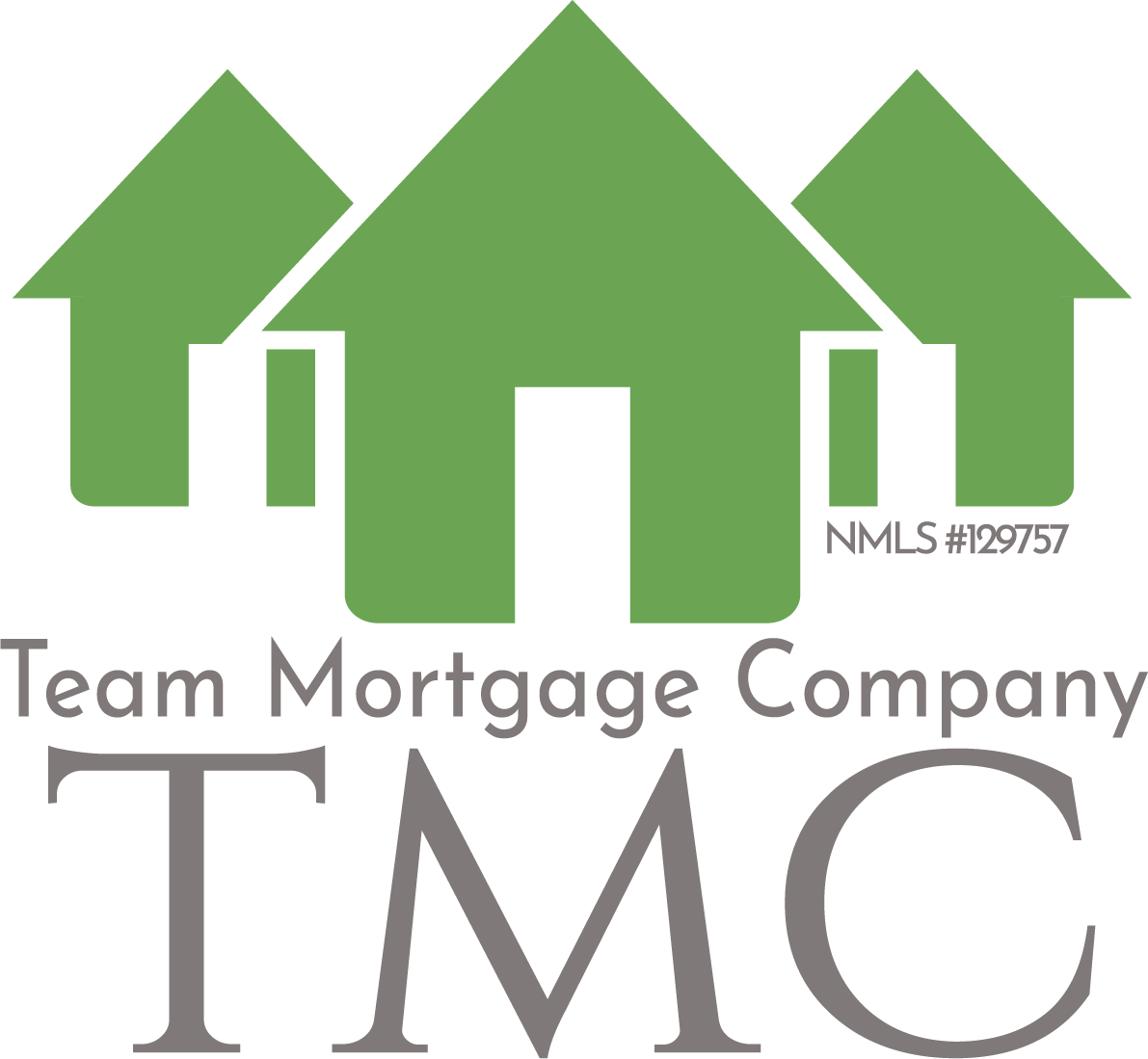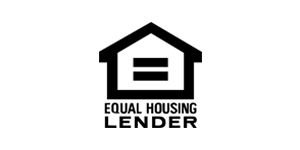Our expert mortgage lenders know from experience that the answer to this important question can differ greatly depending on who’s asking and what they want to know.Team Mortgage Company will work alongside you and your realtor to help determine your home’s value and work with you to maximize your options. We have provided a home value estimate tool to help you gain a basic understanding of where you stand on your home’s current value.
Fill the form out above to see what your home is currently worth. Please keep in mind that this is a very general estimate and that you should contact an experienced mortgage lender to help you determine a more exact value.
If you are like many West Michigan homeowners, the tumultuous events of the past few years have left you wondering what the value of your home is today. Your home’s three price tags are based on its market value, replacement value and property tax value. Different values can be used for different reasons and these values may be moving in different directions at the same time.
Market Value
This is the most commonly referenced calculation of your home’s value. It’s the price a buyer would pay for your home in today’s housing market, no matter what you paid for it or how much you’ve added in updates and upgrades.
If you’re planning to sell your house, market value is what you hope to get for it. In a buyer’s market like most of Michigan today, your home’s market value may be lower than you’d like. You might not have as much leverage against a buyer who wants to negotiate, but it’s where you need to start.
You also should know the market value so you can calculate how much equity you have in your home. Home equity is calculated by subtracting the amount you owe on your home from its market value.
Replacement Value
In the event of a total loss, replacement cost helps you rebuild your home based on current construction costs in your area. Replacement value can include the additional cost of tearing down and hauling away the old structure. Also, homebuilders offer volume discounts that can drive down the price of new homes and may not necessarily reduce replacement costs.
Replacement value is the number that insurance companies use to determine the amount of dwelling coverage needed in your homeowners policy.
Property Tax Value
This is the number used by taxing authorities to calculate your property tax bill. A given home may be taxed by more than one property tax jurisdiction — hospital and school districts, for example — and each may apply its own math. Typically, property tax values are meant to approximate the market value.
The property tax value of your home is going to drive your property tax bill. Sometimes, there’s a big discrepancy between the property tax assessment and the market value. Perhaps this is due to the assessment being outdated, which could cause your homeowner’s tax bill to be too low or even too high. If the property tax value of a home exceeds the market value, consider contesting the value with your taxing authority to reduce your tax bill. Also, be aware that certain actions, such as remodeling, could cause the property value to be reassessed and result in a larger tax bill in the future.
For more information about your home’scurrent value, contact the licensed residential mortgage specialists at Team Mortgage Company — or call us directly at 616.974.9710 — and let us prepare a personalized mortgage quote for you today.
MORTGAGE CALCULATOR
Deciding whether to refinance a mortgage is all about the numbers. Whether you’re seeking a lower monthly payment or looking to shorten the length of a mortgage , refinancing makes sense when you can reduce the costs of the loan. Use this calculator to guide your decision.
Mortgage Bankers Association of America Consumer Information
The Mortgage Bankers Association of America is the preeminent association representing the real estate finance industry. Their consumer information site contains several tools and guides to aid in purchasing or refinancing a home.
U. S. Department of Housing and Urban Development – Buying a Home
U. S. Department of Housing and Urban Development website provides extensive information about buying a home including affordability, borrower’s rights, tips and tricks for shopping for a loan, and details about different home buying programs including FHA loan programs and other special programs.
Federal Reserve Board Consumer Information
The Federal Reserve Board maintains a web page with consumer information, including a section on home mortgages. The section covers topics such as finding the best mortgage and understanding ARMs.
Homebuyer Education by Freddie Mac
Freddie Mac is a publicly held corporation chartered by Congress to increase the supply of funds that mortgage lenders, such as commercial banks, mortgage bankers, savings institutions and credit unions, can make available to homebuyers and multifamily investors. This Freddie Mac site offers a step-by-step tutorial on the home buying decision process and the mortgage application process.
Fannie Mae – Home Buying Process
Fannie Mae is a government-sponsored enterprise (GSE) chartered by Congress with a mission to provide liquidity, stability and affordability to the U.S. housing and mortgage markets. Home Buying Process guide on their website offers valuable information about buying a home. This website also provides important information for home owners.
United States Postal Service Official Movers Guide
What happens after you complete the purchase process? This U.S. Postal Service site provides all kinds of tools and tips to help make the moving process easier.
Articles
Advantages of USDA Rural Development Loans
If you are a moderate or low-income homebuyer, then a USDA rural development loan may be just what you need to buy the home you’ve always wanted. The RD Loan works hard to improve the quality of life in rural America, so if you are looking for a rural home, they want to help.
Many people commonly think that you need to be a farmer to get a USDA home loan. On the contrary, your profession does not matter, and the USDA offers several loans for suburban areas as well.
If you are unable to make a down payment on a home — then this may be your best option for home ownership. USDA home loans require a 15 to 30 year term with a low fixed rate and no down payment.
Because USDA rural development home loans have a very low mortgage insurance requirement, you can save hundreds of dollars a month depending on the size of your loan.
In order for you to be eligible for financing, your home must be owner-occupied and cannot be a manufactured or mobile home.
If you have additional questions about USDA rural development loans, please contact our West Michigan office today or give us a call at 616.974.9710.
The Safety and Stability of Conventional Loans
If you want a solid, stable home loan, look no further than a conventional loan. Over the past few years, conventional loans have gained popularity for being safer than many other types of loans.
Unlike other loans, conventional loans are not government sponsored. They are considered non-government sponsored entity loans.
Conventional loans can be adjustable or amortized:
- Adjustable loans begin with a fixed-rate for a fixed number of years before becoming adjustable. If you see your income increasing in the next few years, an adjustable-rate loan might provide you with the flexibility you need.
- Amortized loans have the same interest rate from the loan’s first month to its last. Depending on your qualifications, the term of your loan can be anywhere from 20 to 40 years. Typically, the longer your loan term lasts, the lower your yearly rate.
Because banks offer fewer products, homebuyers benefit from getting their loans through mortgage brokers. Mortgage brokers provide more products because they can broker their loans through a wide variety of banks.
If you think a conventional loan might be right for you, please contact our Grand Rapids mortgage office today or give us a call at 616.974.9710.












